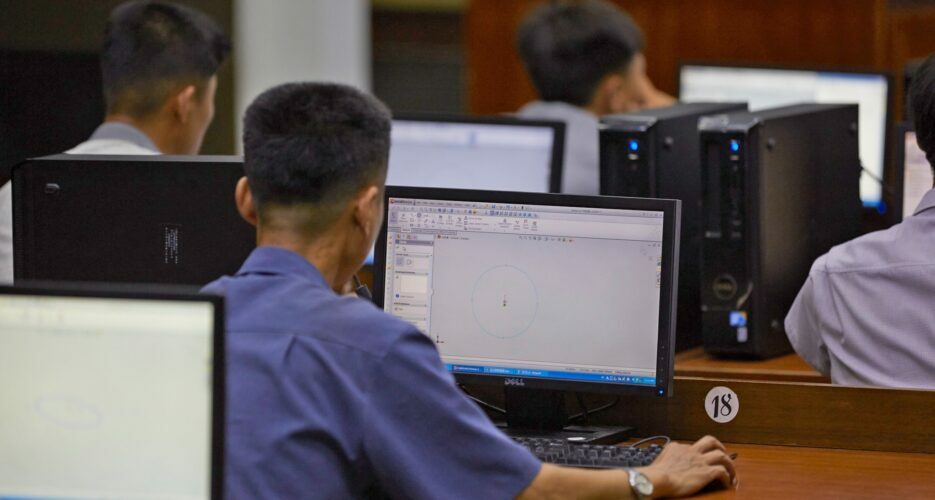Exploiting Remote Hiring Vulnerabilities
Chandana Seshadri, a non-resident fellow at the Stimson Center's 38 North and former research analyst at RUSI, discusses her findings on how North Korean IT workers exploit identity management vulnerabilities in remote hiring systems. These workers use these loopholes to earn hard currency and pave the way for larger cyber operations, directly impacting national security and sanctions enforcement.
Key Case Study: Christina Chapman
A prominent example is Christina Chapman, a U.S. citizen who assisted DPRK workers by setting up laptop farms. These farms enabled North Korean individuals to secure remote jobs through ordinary employment channels, effectively manipulating systems for sanctions evasion. This case underscores how seemingly legitimate hiring processes can be subverted for illicit gains.
Post-COVID-19 Remote Work Shift
The rapid transition to remote work after the COVID-19 pandemic has introduced new risks. Companies, in their haste to adapt, often bypass in-person verification and identity checks, creating openings for infiltration. Seshadri emphasizes that this shift has made it easier for malicious actors to slip through the cracks, highlighting the need for robust security measures.
Call for International Cooperation
Seshadri advocates for the formation of international working groups to share best practices and identify red flags in remote hiring. She stresses the importance of balancing these efforts with respect for privacy laws, ensuring that security enhancements do not compromise individual rights. This issue extends beyond cybersecurity, touching on broader themes of global workforce integrity and regulatory compliance.






Comments
Join Our Community
Sign up to share your thoughts, engage with others, and become part of our growing community.
No comments yet
Be the first to share your thoughts and start the conversation!